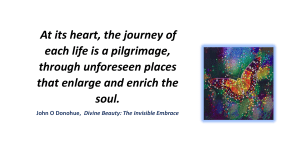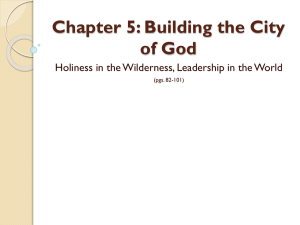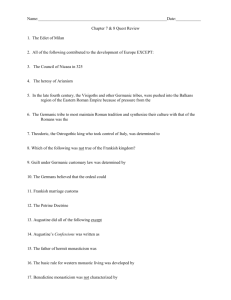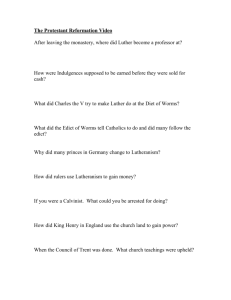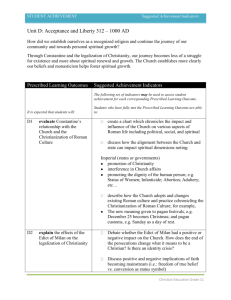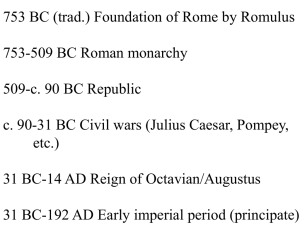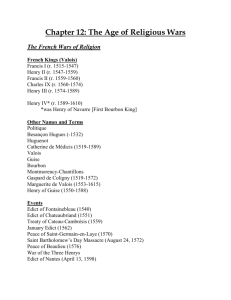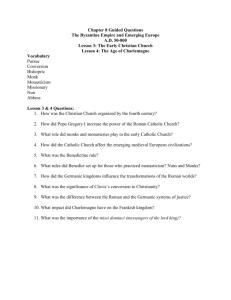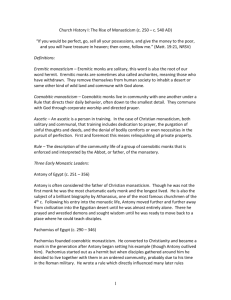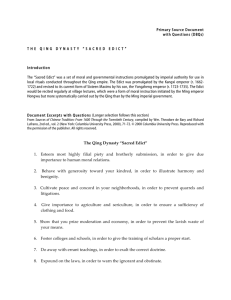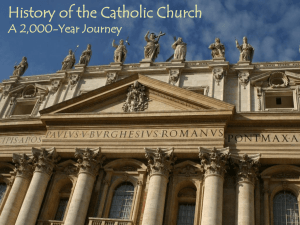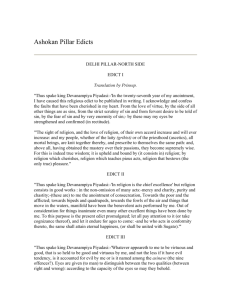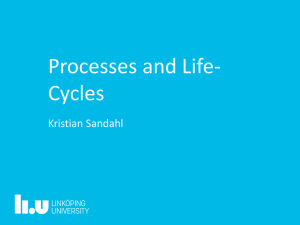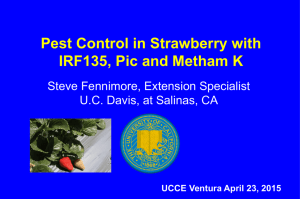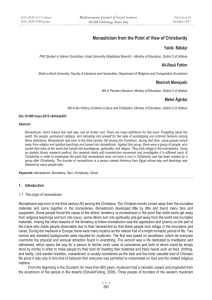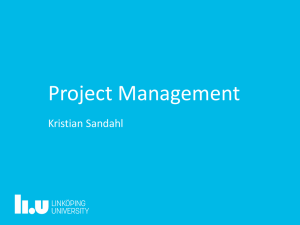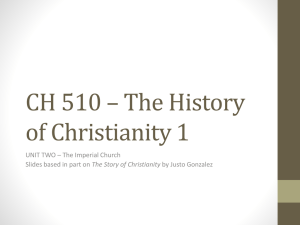RdngWksht-Rom-Hist-9-F-15
advertisement
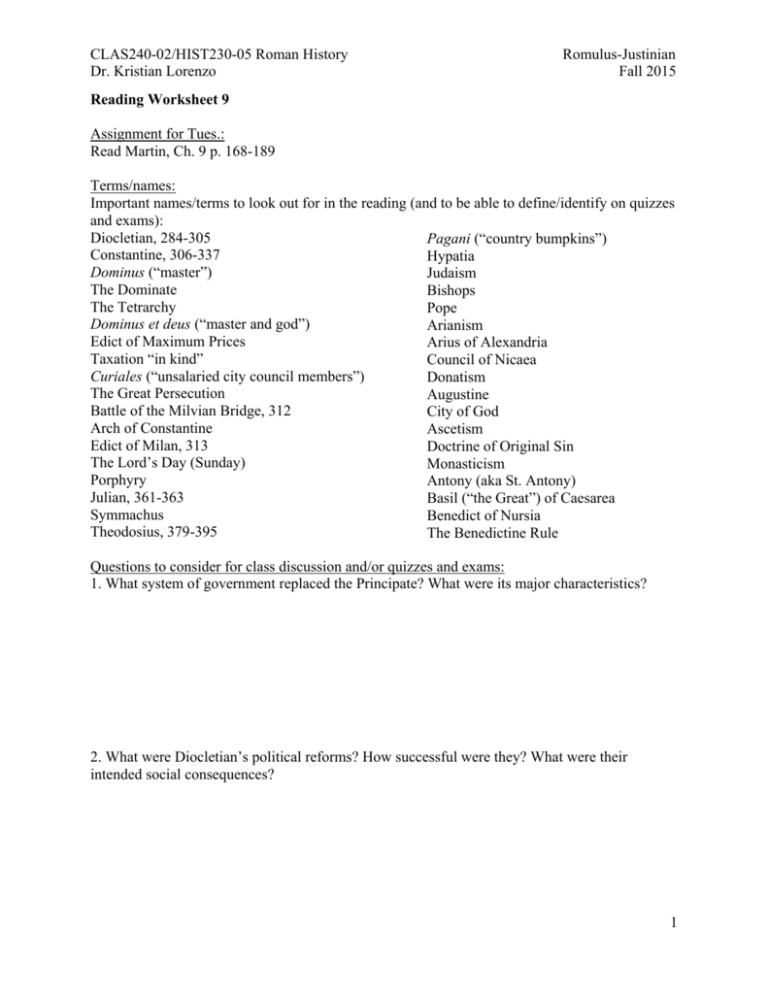
CLAS240-02/HIST230-05 Roman History Dr. Kristian Lorenzo Romulus-Justinian Fall 2015 Reading Worksheet 9 Assignment for Tues.: Read Martin, Ch. 9 p. 168-189 Terms/names: Important names/terms to look out for in the reading (and to be able to define/identify on quizzes and exams): Diocletian, 284-305 Pagani (“country bumpkins”) Constantine, 306-337 Hypatia Dominus (“master”) Judaism The Dominate Bishops The Tetrarchy Pope Dominus et deus (“master and god”) Arianism Edict of Maximum Prices Arius of Alexandria Taxation “in kind” Council of Nicaea Curiales (“unsalaried city council members”) Donatism The Great Persecution Augustine Battle of the Milvian Bridge, 312 City of God Arch of Constantine Ascetism Edict of Milan, 313 Doctrine of Original Sin The Lord’s Day (Sunday) Monasticism Porphyry Antony (aka St. Antony) Julian, 361-363 Basil (“the Great”) of Caesarea Symmachus Benedict of Nursia Theodosius, 379-395 The Benedictine Rule Questions to consider for class discussion and/or quizzes and exams: 1. What system of government replaced the Principate? What were its major characteristics? 2. What were Diocletian’s political reforms? How successful were they? What were their intended social consequences? 1 CLAS240-02/HIST230-05 Roman History Dr. Kristian Lorenzo Romulus-Justinian Fall 2015 3. What were Diocletian’s financial reforms? How successful were they? What were their unintended social consequences? 5. What was the major pressure facing the wealthy local elites of the empire? Why did it increase during the 3rd century and then increase even more during the Dominate? What was the range of responses these local elites employed to deal with this pressure? 6. Who initiated the Great Persecution? Why and what were its consequences? 7. Please discuss the importance of the Edict of Milan. Why was it both realistic and shrewd politically? 8. On what grounds did prominent polytheists insist that Christians had no right to claim sole possession of religious truth? Do you think these reasons are persuasive? If yes, why? If no, why not? 2 CLAS240-02/HIST230-05 Roman History Dr. Kristian Lorenzo Romulus-Justinian Fall 2015 9. How did Christian emperors chip away at the practice of traditional religion? 10. Please discuss the role(s) available to women in Christianity during the 3rd and 4th centuries AD. How did they change from earlier periods and why? 11. Please discuss Augustine’s contributions to establishing the western church’s orthodoxy as religious truth. Provide a number of examples. Where can his influence still be felt today. 12. How was Christian monasticism distinctive from earlier forms? And please discuss two different types of Christian monasticism noting their similarities and differences. 3
